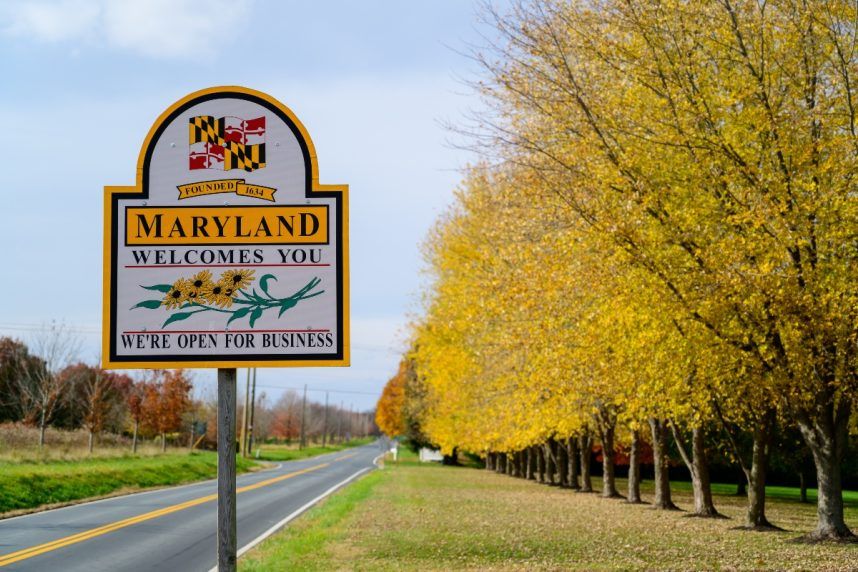Is Online Casino Gambling Coming to Maryland? Poll Suggests Residents Aren’t Overly Hopeful
Posted on: October 17, 2025, 11:14h.
Last updated on: October 17, 2025, 11:14h.
- A poll finds that voters in Maryland do not want online casinos
- State lawmakers have considered iGaming legislation in recent sessions
Lawmakers in Maryland have considered online casino gambling legislation in recent legislative sessions, though no statute has been put up for a vote in either chamber of the General Assembly. A new poll suggests residents hope that doesn’t change in 2026.

A recent poll conducted by Lake Research Partners in Washington, DC, commissioned by the National Association Against iGaming (NAAIG), finds that a strong majority of Marylanders want to keep slots and table games confined to the state’s six brick-and-mortar casinos.
The survey of 650 registered voters found that 71% of likely voters are opposed to legalizing iGaming. Of the opposition, 64% said they are “strongly opposed” to expanding casinos to the internet.
Opposition to the legalization of iGaming in Maryland is thoroughly and consistently high, and cuts across all demographic breakdowns,” the researchers wrote. “iGaming starts out as net unfavorable and solidifies into strong opposition once it is defined. Opposition to iGaming only increases as voters learn more about it.”
Legal iGaming is currently limited to Connecticut, Delaware, Michigan, New Jersey, Pennsylvania, Rhode Island, and West Virginia. However, online sweepstakes casinos continue to operate in many states in an unregulated manner.
Maryland Top Target
iGaming proponents and operators view Maryland a most ideal state to lobby. With a median household income of about $100K, Maryland ranks third behind only Massachusetts and New Jersey.
The Maryland General Assembly considered iGaming in 2024 and this year. Del. Vanessa Atterbeary (D-Howard) led the push in 2025 with House Bill 17.
The statute sought to allow the state’s six casinos and many online sportsbooks to pursue internet casino licenses. Each license would cost $1 million every five years. Atterbeary suggested taxing iGaming gross revenue at 55%, with the state’s financial benefit earmarked for education funding.
Atterbeary’s bill didn’t make much headway in 2025. The iGaming bill never received a committee vote, and died in the Ways and Means Committee in which Atterbeary chairs.
iGaming Opposition
There are major opponents to iGaming in Maryland, most notably The Cordish Companies. The Baltimore-based gaming and hospitality conglomerate runs Live! Casino & Hotel Maryland in Anne Arundel County near BWI airport.
Cordish is a founding partner of NAAIG. The anti-iGaming advocacy is also supported by Ocean Downs Casino in Berlin, a racetrack casino owned and operated by Churchill Downs, Inc. Churchill is also a NAAIG member. Though NAAIG members oppose iGaming, Cordish and Churchill nonetheless operate online casinos in certain states where it’s allowed, including in neighboring Pennsylvania. Live! is partnered with FanDuel, and Cordish is partnered with bet365.
Maryland’s physical casinos have been on a losing streak. September marked the fourth consecutive month of gross gaming revenue decline compared with the same months in 2024.
Through the first quarter of the 2026 fiscal year (July 1 through Sept. 30), Maryland casino revenue was down 3.1% from the prior year. The state’s casinos primarily benefit the Education Trust Fund, which supports public education and school infrastructure.
No comments yet